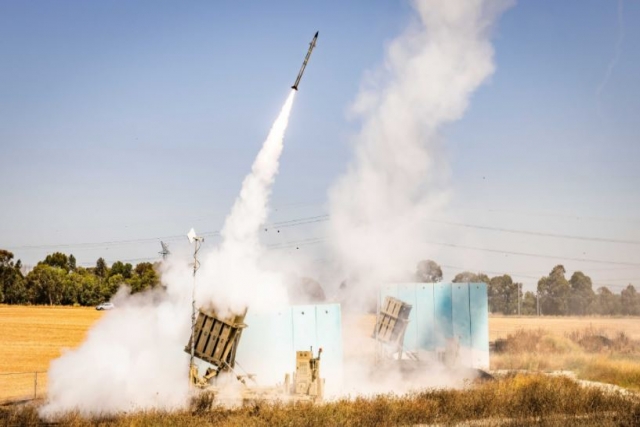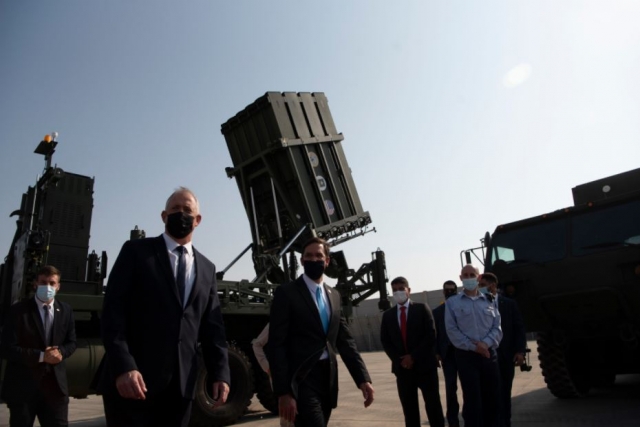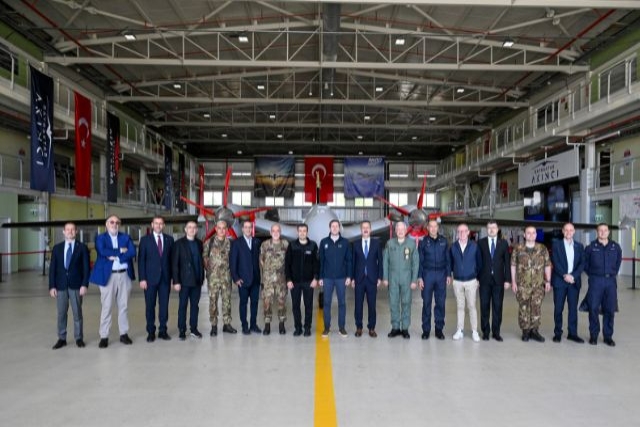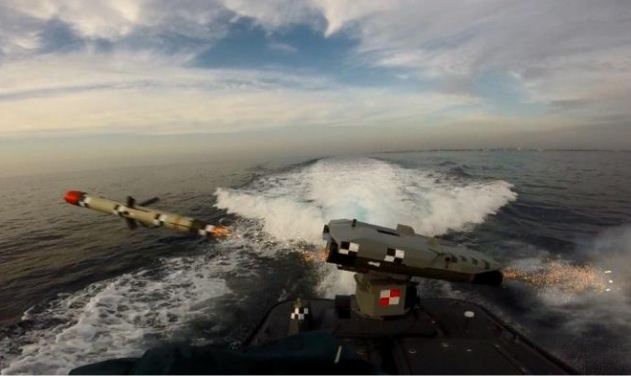Israel to Enhance Radars, Air Defenses to Counter Iranian Drones

The Israel Defense Force (IDF) wants to boost its air defense systems to neutralize aerial threats, including Iranian drones.
Within two years, the IDF intends to have a full, permanent defensive coverage in place over the airspace of northern Israel, with plans to eventually expand this to the entire country, The Times of Israel reported Wednesday.
Countering drone attacks is challenging as UAVs are more difficult to detect than comparatively larger manned aircraft. They fly at lower altitudes and with less predictable flight patterns than rockets.
Israeli officials point to the devastating 2019 attack by Iran on Saudi Arabia’s Aramco oil facility that temporarily reduced 5% of global oil supply and sent its prices spiraling upwards. “It was a sophisticated attack that managed to evade both U.S. and Saudi defenses… Anyone who says that it can’t happen to us isn’t a professional,” Maj. Gen. Aharon Haliva, now the head of Military Intelligence, said at the time.
Also Read: Israel Approves $1.5B to Strengthen Military Against Iran
Iran is accused of exporting drones to its Houthi allies in Yemen, to proxies in Syria and Iraq, and to the Hezbollah terror group in Lebanon — the main military threat facing the IDF — and of supplying designs for UAVs to Hamas and the Palestinian Islamic Jihad terror groups in the Gaza Strip. Some of these drones have ranges of thousands of kilometers and others have stealth capabilities, some of which Iran has stolen from American models.
Last month, Defense Minister Benny Gantz revealed the location of an Iranian airbase that he claimed was used to train Tehran’s regional proxies to operate advanced drones. “One of the significant tools that Iran has developed to assist its proxies is an array of unmanned aerial vehicles that can travel thousands of kilometers, and thousands of them are spread throughout Yemen, Iraq, Syria and Lebanon,” Gantz said.
To improve the military’s ability to detect drones, the Israel Air Force (IAF) is procuring additional radar arrays to be installed in northern Israel, the report.
Most of the funding for this effort has already been allocated, with some of it — roughly a quarter of a billion shekels — coming from a deal that was brokered in late 2019 between the Defense, Energy, and Finance ministries. That agreement also secured the military’s approval for the construction of wind turbines on the Golan Heights.
Israel is also improving its short-range Iron Dome missile system and medium-range David’s Sling air defense system.










